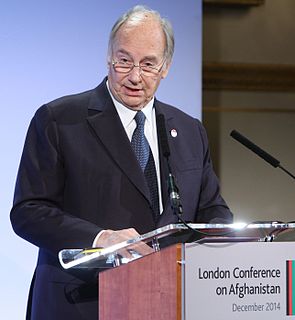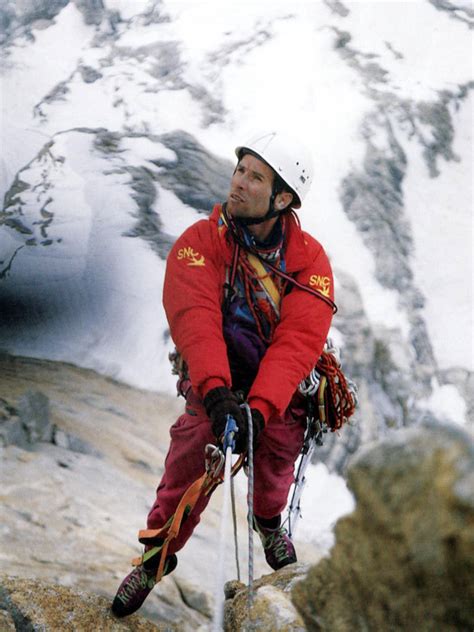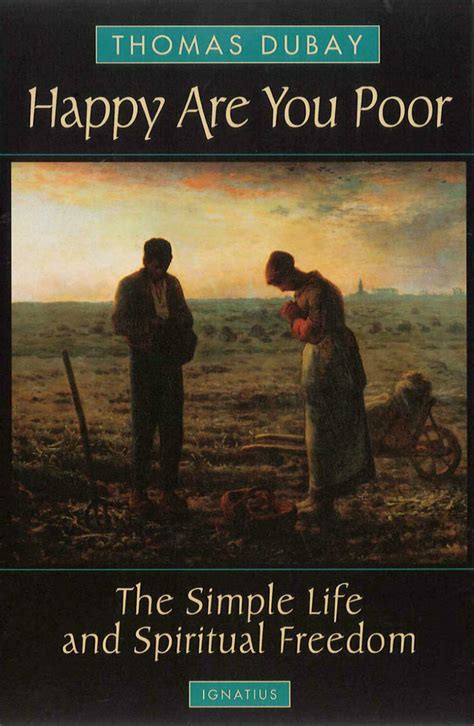A Quote by Jiddu Krishnamurti
The intellect is not the means of creation, and creation does not take place through the functioning of the intellect; on the contrary, there is creation when the intellect is silent.
Related Quotes
In Islamic belief, knowledge is two-fold. There is that revealed through the Holy Prophet (s.a.s.) and that which man discovers by virtue of his own intellect. Nor do these two involve any contradiction, provided man remembers that his own mind is itself the creation of God. Without this humility, no balance is possible. With it, there are no barriers. Indeed, one strength of Islam has always lain in its belief that creation is not static but continuous, that through scientific and other endeavours, God has opened and continues to open new windows for us to see the marvels of His creation
For creation is not a change, but that dependence of the created existence on the principle from which it is instituted, and thus is of the genus of relation; whence nothing prohibits it
being in the created as in the subject. Creation is thus said to be a kind of change, according to the way of understanding, insofar as our intellect accepts one and the same thing as not
existing before and afterwards existing.
We don't always possess faith in the sense of having a clear embodiment of something to hang on to. The relationship between the intellect and faith is a very curious one. Sometimes the intellect can point us to faith, sometimes the intellect can stand in the way of faith. Sometimes, as St John of the Cross points out, we have to darken or blind the intellect in order to have faith.
It is all, as usual, paradox. I have to use what intellect I have in order to write books, but I write the kind of books I do in order that I may try to set down glimpses of things that are on the other side of the intellect. We do not go around and discard the intellect, but we must go through and beyond it.








































